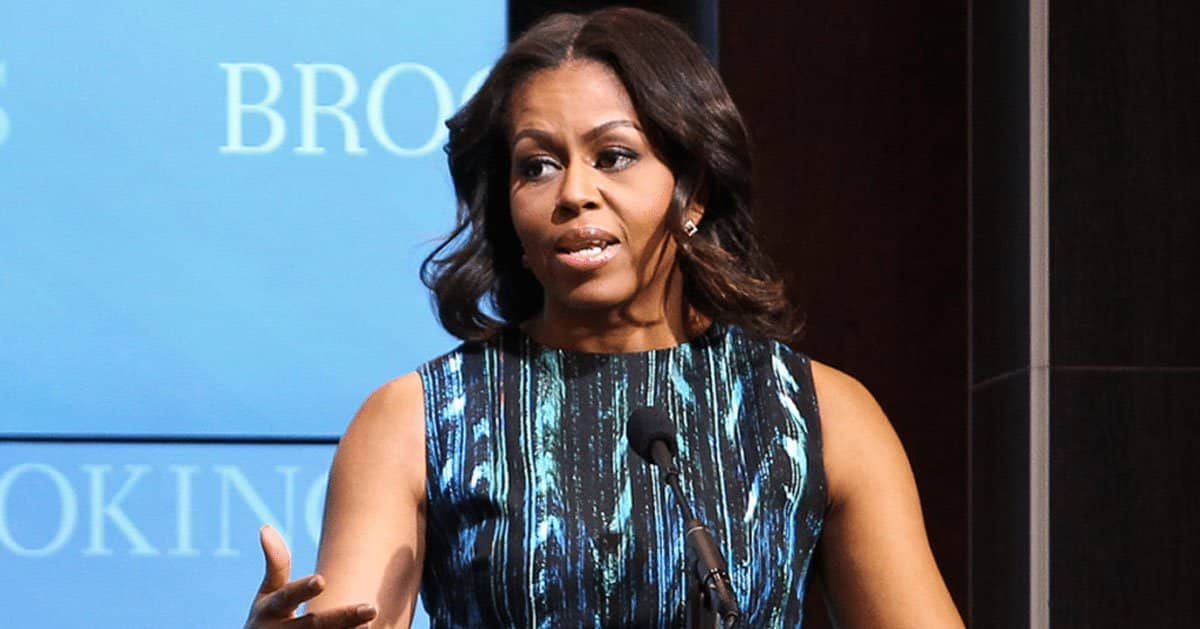







In a candid book excerpt, Kamala Harris pulls back the curtain on Joe Biden's presidency, admitting the toll of age that many Americans had already noticed.
Fox News reported that Harris's forthcoming book, "107 Days," recounts her vice presidential tenure, highlighting Biden's fatigue at 81, her frustrations with unsupportive staff, and the Democratic Party's hesitation to urge him against seeking another term, all while denying any grand scheme to conceal his slips.
The excerpt, released by The Atlantic, delves into Harris's White House experiences, blending her presidential campaign reflections with insights from her role as Biden's second-in-command.
Harris writes that Biden, despite his sharp mind and experience, simply "got tired" at his advanced age, leading to noticeable physical and verbal missteps.
"On his worst day, he was more deeply knowledgeable, more capable of exercising judgment, and far more compassionate than Donald Trump on his best," Harris stated. But such praise rings a bit hollow when stacked against the reality of those stumbles, which raised valid questions about leadership stamina in a demanding role.
She points to exhausting travel—back-to-back European trips followed by a West Coast fundraiser—as a factor in one particularly poor performance, yet insists it wasn't a sign of deeper incapacity.
Harris firmly rejects notions of a "big conspiracy" at the White House to mask Biden's decline, portraying him as fully able to handle presidential duties.
"Many people want to spin up a narrative of some big conspiracy at the White House to hide Joe Biden’s infirmity. Here is the truth as I lived it. Joe Biden was a smart guy with long experience and deep conviction, able to discharge the duties of president," she wrote.
That defense might soothe some, but it sidesteps how the administration's messaging often downplayed concerns, leaving the public to connect the dots on their own—hardly a model of transparency in governance.
Turning to her own challenges, Harris expresses irritation that Biden's team failed to provide the backing she needed on key issues like foreign policy and unauthorized migration.
She found it "almost impossible" to get the White House press office, including then-spokesperson Karine Jean-Pierre, to defend her publicly. This lack of solidarity suggests a deeper rift, where team loyalty seemed reserved for the top spot alone, undermining the partnership essential for effective leadership.
Harris discovered that some in Biden's circle fueled negative stories about her, including claims of a chaotic office with high staff turnover in her early days.
"Their thinking was zero-sum: If she’s shining, he’s dimmed. None of them grasped that if I did well, he did well," Harris lamented. It's a sharp observation, but one that highlights how ego-driven dynamics can hobble even the most well-intentioned administrations, especially when age concerns amplify the need for a strong vice presidential presence.
She argues that her success would have validated Biden's choice of her and reassured the nation amid worries about his fitness.
"That, given the concerns about his age, my visible success as his vice president was vital. It would serve as a testament to his judgment in choosing me and reassurance that if something happened, the country was in good hands," Harris explained.
Yet this logic underscores a missed opportunity—if her achievements were so crucial, why the apparent sabotage from within?
Harris criticizes fellow Democrats for not pushing harder to convince Biden against another run, calling it reckless to defer solely to his personal choice.
"'It’s Joe and Jill’s decision.' We all said that, like a mantra, as if we’d all been hypnotized," she recalled. Such passivity, while perhaps rooted in respect, borders on negligence when national stakes demand bolder action over individual ambition.
She emphasizes that the decision transcended personal ego, given the high consequences involved.
"Was it grace, or was it recklessness? In retrospect, I think it was recklessness. The stakes were simply too high," Harris reflected.
"This wasn’t a choice that should have been left to an individual’s ego, an individual’s ambition. It should have been more than a personal decision," she added.
Her words pack a punch, revealing how party unity sometimes trumps pragmatic foresight, a lesson conservatives have long preached about avoiding overreliance on aging figures.
Throughout the excerpt, Harris balances loyalty to Biden with pointed critiques of the system around him, painting a picture of internal tensions that hampered her effectiveness.
While defending Biden's capabilities, she underscores that fatigue at 81 was undeniable, manifesting in ways that fueled public skepticism.
"But at 81, Joe got tired. That’s when his age showed in physical and verbal stumbles," Harris admitted. Admitting this now feels like closing the barn door after the horse has bolted, but it validates concerns that were dismissed as partisan sniping at the time.



